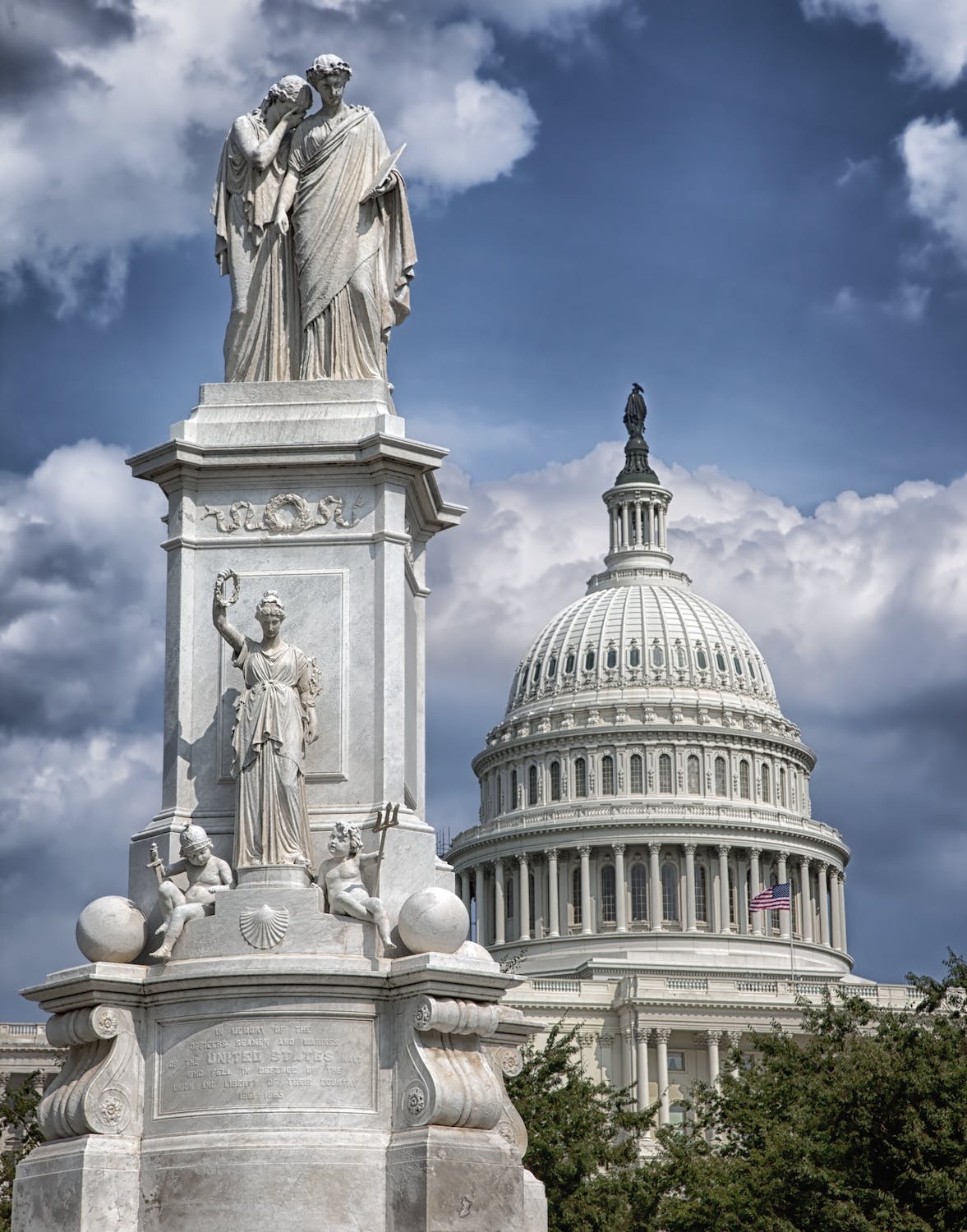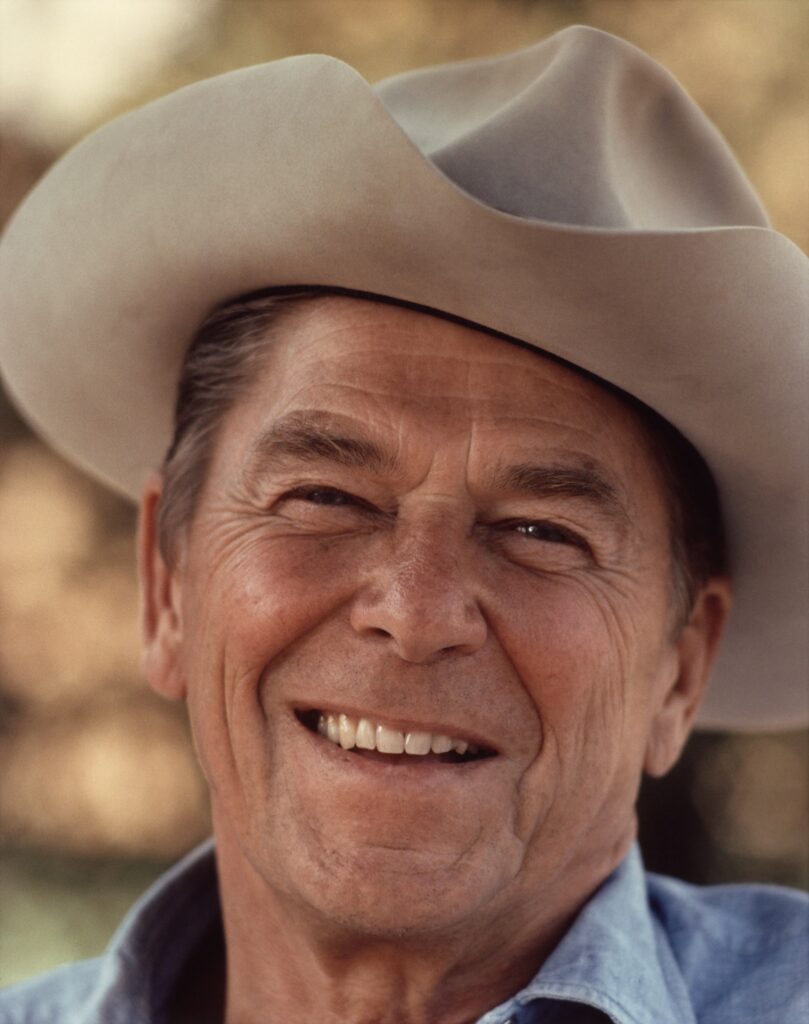
The War on Drugs: a Pocket-Size Rundown
America has always been The Scrappy Teen Country, unafraid of repercussions. I mean, the country literally ran away from home to become its own juggernaut in imperialism. It does make one question- what happened with its scrappiness?

Over time we seemed to have stripped away the ideals and values colonizers have fought for. In turn, rejecting anything that was different; deeming it a bad influence and conforming to tradition. Falling into the same pattern as our mother country. There are many examples of these treasons in our American philosophy, but the one we will be focusing on today is the damnation of drugs, especially marijuana.
Throughout the decades America has always seemed to be in a state of prohibition. So infamously starting with alcohol and seemingly changing its focus to whatever was most popular at the time. During the 50’s, weed was only really found in jazz nightclubs and was gaining a bad rep with Big Tobacco. These clubs were known for interracial mixing and helped to push the narrative that black minority groups where introducing drugs into white suburbia (Dufton.)
Cannabis had been around for a while before the CounterCulture Movement. But it was soon as the drug hit mainstream popularity with college students, marijuana found itself in cultural damnation. Up until that point, it was something only Big Tobacco was worried about, until suddenly tradition striked. Everyone who wasn’t anyone was talking about how dangerous this “new” drug was. It wasn’t until President Nixon came to save the day by stating he was starting a “war on drugs” in ‘71.
With this declaration of war, he allowed for anything and his main target seemed to be those who were anti-government, low-income neighborhoods and minority groups. John Erlichman, Assistant to President for Domestic Affairs under President Richard Nixon, is also infamously quoted for saying, “Did we know we were lying about the drugs? Of course we did.” when talking about the raids done on these groups of people. What was once done with the intention of protecting the American people was now grossly misused to seemingly only protect the American government.
The 80’s seemed to mirror a bit of what the 60’s valued in the revolution of youth. With TV channels such as MTV and VH1 promoting more of an American-Teen lifestyle and any John Huges movie, but the decade still came with its adversaries. Then President, Ronald Reagan, had managed to earn his seat in the Oval Office by upholding American Tradition by simultaneously being a Hollywood movie star and your average cowboy. Once finding a comfortable spot in his desk, he started to reverse some of the work done by civil-rights movements during the 60’s (especially in Cescar Chavez work) and continued to uphold Nixon’s declaration.
1986, saw the introduction of the Anti-Drug Abuse Act. With this act came increased penalties, minimum sentencing and more funding into drug enforcement (Historylabs.) This is the decade that started to see more of a rise in celebrity PSA and the iconic, “Just Say NO!” campaign, headed by Nancy Regan.
So why are we still using the term prohibition when talking about marijuana? Shockingly, we are still affected by these outdated schools of thought. According to the Last Prisoner Project, there were an estimated 545,602 arrests for cannabis in 2019.
36 years later and here we are still facing the same battle, an unfair war propagated by those with an unfair advantage. The good news is that as the years pass by, we see more states legalize marijuana consumption!
Sources: Points History, Policing and Social Justice HistoryLab, Vera, Last Prisoner Project